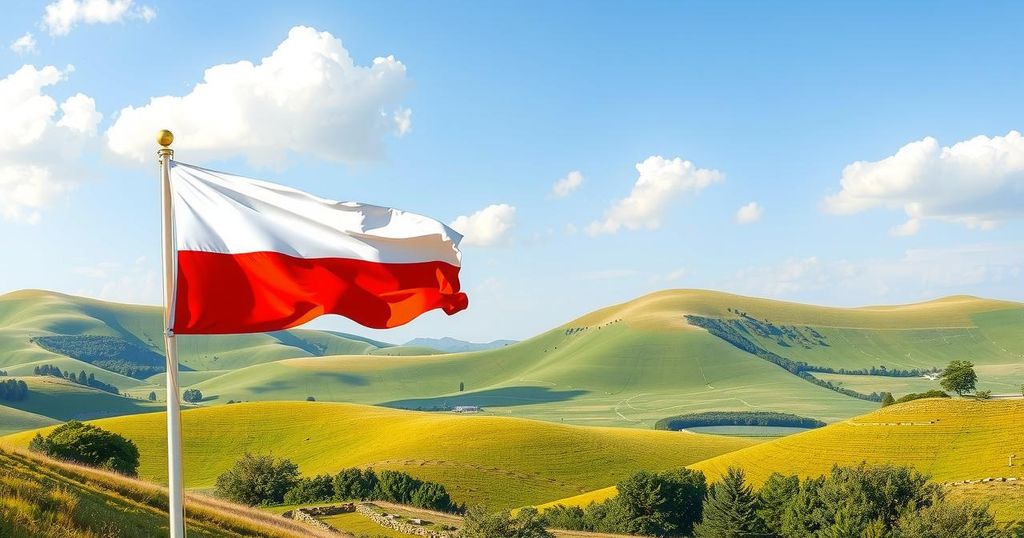Ukraine and South Korea Engage in Repatriation Talks for North Korean Soldiers

Ukraine and South Korea are in discussions about the repatriation of North Korean soldiers captured during the conflict. South Korea is willing to accept two North Korean POWs, but none have requested transfer. Recent interviews reveal the soldiers’ affiliation with the Reconnaissance General Bureau, providing clarity on their military roles.
Recent discussions between South Korea and Ukraine have centered around the repatriation of North Korean soldiers captured by Ukrainian forces. According to reports from South Korea’s Yonhap news agency, Foreign Minister Cho Tae-yul engaged in a phone conversation with his Ukrainian counterpart, Andriy Sybiha, to address this vital matter. Minister Cho indicated that South Korea is prepared to accept two North Korean prisoners of war (POWs) should they express a desire to relocate to South Korea.
These consultations regarding the repatriation process have been ongoing since January 2025. It is noteworthy that, under South Korea’s constitution, the entire Korean Peninsula is recognized as part of its territory. This legally positions all North Korean residents as South Korean citizens. To date, however, no captured soldiers have indicated any intention to be transferred.
On February 19, the South Korean newspaper Chosun Ilbo conducted interviews with the captured North Korean soldiers. The report identified the prisoners as Ri, a 26-year-old sniper-reconnaissance officer, and Baek, a 21-year-old rifleman. Both individuals confirmed their service within the Reconnaissance General Bureau (RGB) under the General Staff of the Korean People’s Army, dispelling earlier assumptions regarding their affiliation with the 11th “Storm” Corps of North Korea’s special operations forces.
The RGB acts as North Korea’s military intelligence agency, though the soldiers’ exact unit affiliations remain ambiguous. Nevertheless, it is possible that recent military reforms could have resulted in certain RGB intelligence units being reassigned to special operations forces or coming under their command during conflicts in the Kursk Oblast region.
In summary, the discussions between Ukraine and South Korea regarding the repatriation of captured North Korean soldiers highlight South Korea’s constitutional stance that recognizes North Korean residents as its citizens. Despite the availability of repatriation options, no soldiers have yet expressed a desire to relocate. Insights from recent interviews with the captured soldiers help clarify their military affiliations and underscore the complexity of their situation during ongoing military tensions.
Original Source: mil.in.ua








